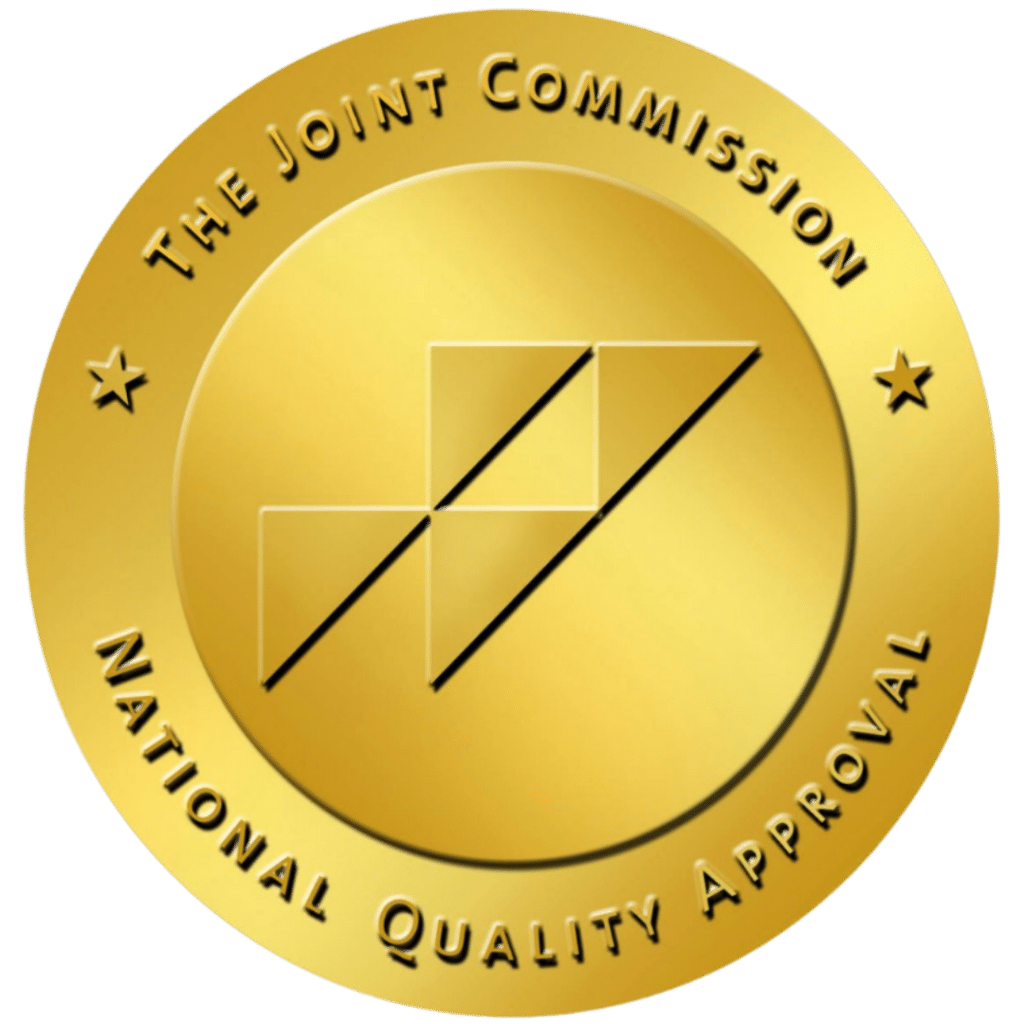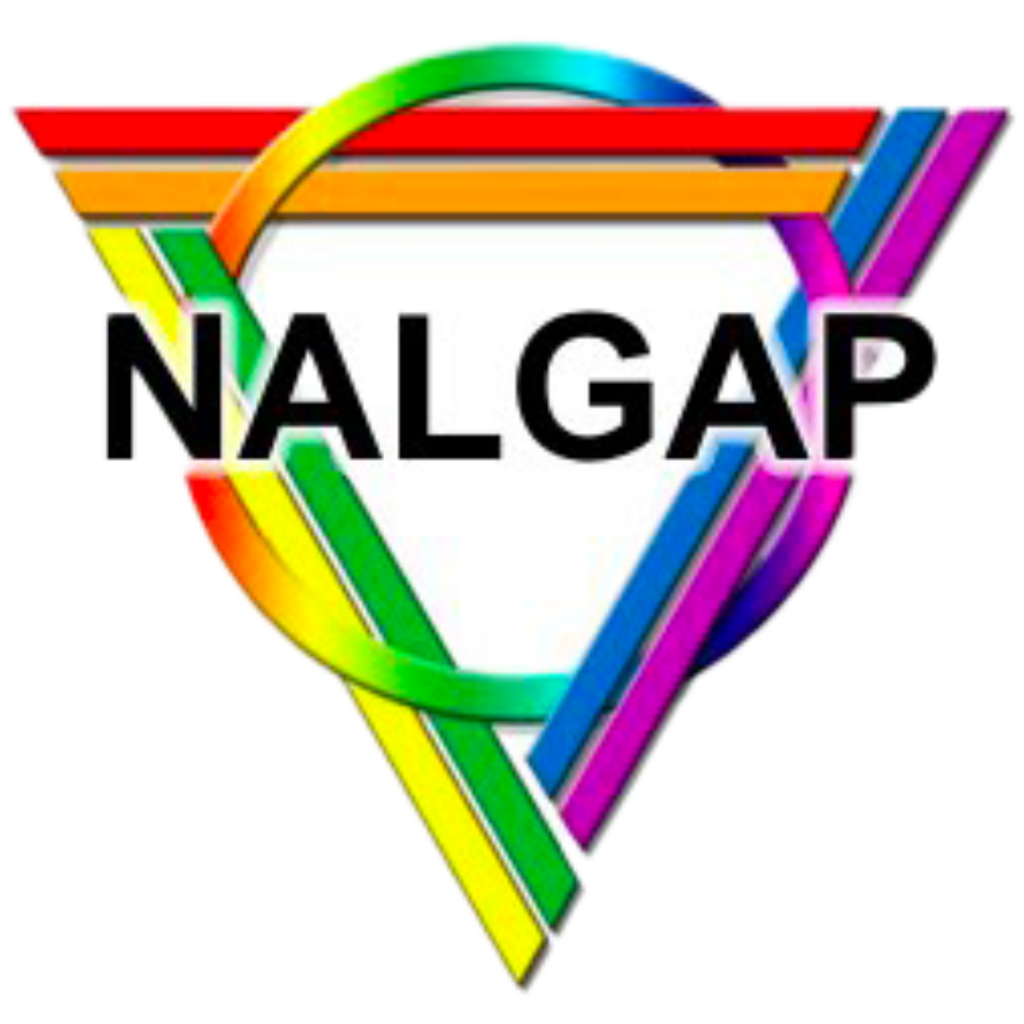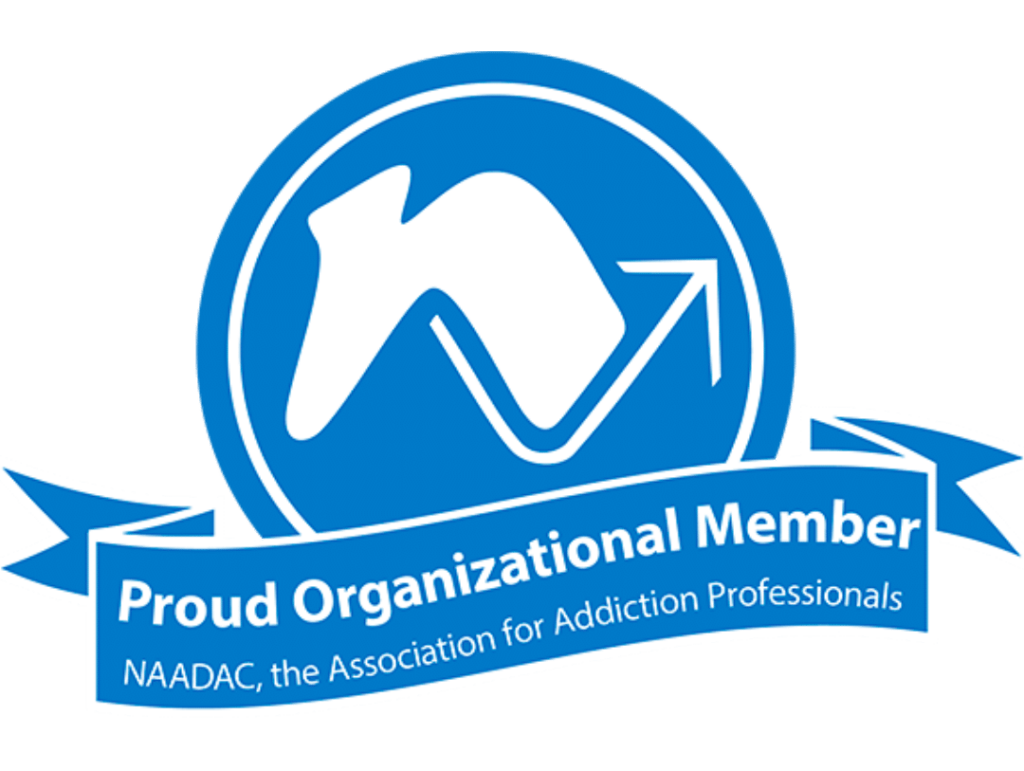Hydrocodone is one of the drugs behind the 247,000 prescription opioid overdose deaths from 1999 to 2019. Known better by brand names like Norco, Vicodin, Lorcet, and Lortab, hydrocodone’s medical purpose is pain management. However, its potential to produce a “high” similar to heroin and other opioids has made hydrocodone addiction a reality.
So much so that in 2014 the Drug Enforcement Agency (DEA) reclassified it as a schedule II drug with high potential for abuse and addiction when it became apparent that hydrocodone was a main player in the opioid epidemic. If you or a loved one are abusing hydrocodone, don’t wait to get help.
Signs of Hydrocodone Addiction
It’s easy to get addicted to hydrocodone if you take a drug other than as prescribed. Hydrocodone is a synthetic opioid that affects the brain in ways that make it addictive if abused. In large doses, the effects of hydrocodone can include feelings of euphoria, relaxation, and contentment. This is why people abuse it.
The problem is hydrocodone abuse depletes your brain’s natural dopamine supply. Your body begins relying on hydrocodone to produce even normal levels of dopamine. When this occurs, you’re physically dependent on hydrocodone and you go into withdrawal without it. This perpetuates the addiction cycle of needing more drugs to get the same effect as well as avoiding withdrawal symptoms by taking the drug.
Signs of hydrocodone addiction/abuse include:
- Using hydrocodone for anything other than as a pain reliever
- Taking more hydrocodone than your doctor prescribed
- Using hydrocodone without a prescription
- Inability to stop taking hydrocodone on your own
- Seeing multiple medical providers to obtain more prescriptions (doctor shopping)
- Poor performance or several absences at work or school
- Withdrawing from family, friends, and regular activities
- Changes in eating, sleeping, and personal hygiene habits
- Continuing to take hydrocodone despite negative effects on your life and health
- Experiencing hydrocodone withdrawal symptoms when you go without it
- Drinking alcohol or taking other drugs while on hydrocodone
Self-Assessment: Am I Addicted?
"*" indicates required fields
How Do You Treat Hydrocodone Addiction?
Opioid addiction recovery is possible with the right treatment and determination to change your life. A combination of medical and behavioral interventions offers the best chances of long-term recovery. Components of hydrocodone addiction treatment vary by person and substance abuse treatment center, but may include the following:
Medical Detox
Never try to detox from drugs or alcohol on your own as it can be dangerous and lead to relapse in many cases. Addiction treatment begins with medical detox. This way, you can rest easy knowing a medical team will monitor your vitals and comfort level around the clock. They’ll also ease hydrocodone withdrawal symptoms with research-backed medications. Nurses and doctors immediately attend to any medical emergencies and medical detox ensures you’re safe and as comfortable as possible while your body eliminates opioids.
Following detox, an addiction treatment program is imperative to staying sober. Without addressing the reasons behind your substance abuse and learning healthy coping skills, relapse is imminent. Inpatient treatment or partial hospitalization while staying at a sober living residence is ideal for people with opioid use disorders. Having time and space away from triggers and focusing on building relapse prevention skills supports long-term recovery.
Individual Therapy
One-on-one counseling provides a safe space to explore difficulties that may have contributed to your substance abuse. These often include challenges like trauma, unhealthy relationships, poor self-esteem, and lack of coping skills. A therapist is trained in approaches shown to be effective in treating addiction such as cognitive behavioral therapy. They can help you identify underlying issues and begin healing from them.
Group Therapy
For many people with substance use disorders, group therapy is a powerful part of addiction treatment. Hearing from and sharing with others who have similar struggles and know what you’re going through helps cut through the isolation of addiction.
Family Therapy
Addiction affects the whole family, and loved ones must embark on their own type of recovery. Family therapy helps you learn better ways to communicate and support each other. A therapist can guide you through difficult conversations and help you heal the family unit.
Traditional and Alternative Approaches
Addiction treatment may include a blend of traditional therapies like individual and group therapy as well as alternative and experiential approaches. Those can include a range of activities from art and music therapy to chiropractic services for chronic pain and EMDR for trauma.
Treatment for Co-Occurring Disorders
Drug addiction and mental illness often co-occur together. This is called a dual diagnosis or co-occurring disorders. Untreated mental health disorders can fuel drug and alcohol abuse in that you may unknowingly be using substances to self-medicate your symptoms. Psychiatric care that includes medications can help you manage mental illness like depression, anxiety, and bipolar disorders so that you don’t feel the need to use substances to self-soothe.
Medication-Assisted Treatment (MAT)
Medications prescribed to treat opioid addictions are called medication-assisted treatments. These medications attach to opioid receptors in the same way as hydrocodone without making you feel high. They can help alleviate withdrawal symptoms and cravings for opioids. When you’re not preoccupied with feeling poorly and urges to use, you’re better able to focus on addiction treatment.
Relapse Prevention
Long-term addiction recovery isn’t possible without acquiring coping skills to replace the role previously filled by drugs. In addiction treatment, you’ll learn healthy ways to navigate triggers and difficult emotions.
Continuing Care
Having a plan to help prevent relapse and that encourages regular work on your recovery is critical to sobriety. Before you leave treatment, you’ll have an aftercare plan that may include things like:
- Therapy appointments
- Psychiatric care
- Medication-assisted treatment (MAT)
- 12-step groups like Narcotics Anonymous (NA)
- Other support groups
- Alumni program meetings
Does Insurance Cover Hydrocodone Addiction Treatment?
Most insurances cover drug and alcohol addiction treatment as they do other medical conditions. Your insurance can help you pay for treatment by covering all or a large portion of your care. Medical detox is typically considered a “medical necessity,” and your insurance may cover inpatient or intensive outpatient programs. The best way to find out your insurance coverage for addiction treatment is to call us for a free benefits check. We’ll work directly with your insurance company to determine your coverage and out-of-pocket costs.
Looking for Hydrocodone Addiction Help?
Footprints to Recovery treats substance use disorders with evidence-based approaches that are effective and engaging. If you or a loved one is struggling, we can help. We’ve seen thousands of clients reclaim their lives from addiction. You can too.
Questions about treatment options?
Our admissions team is available 24/7 to listen to your story and help you get started with the next steps.








